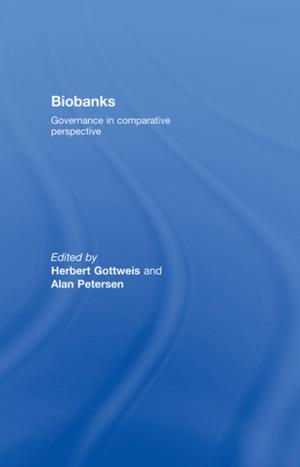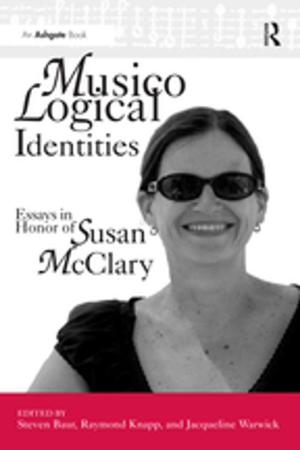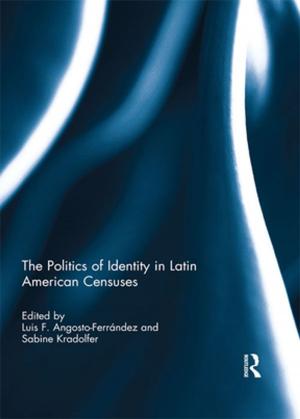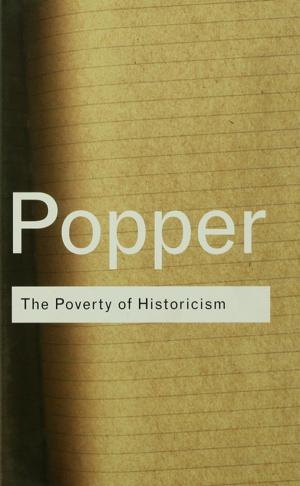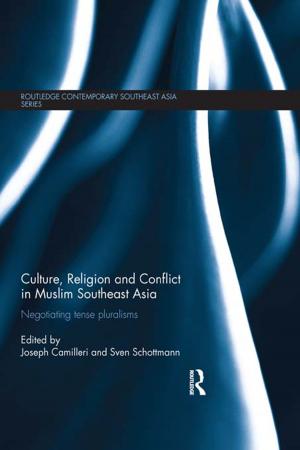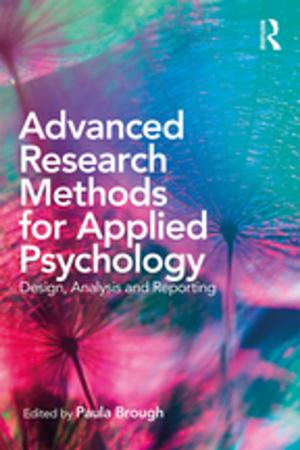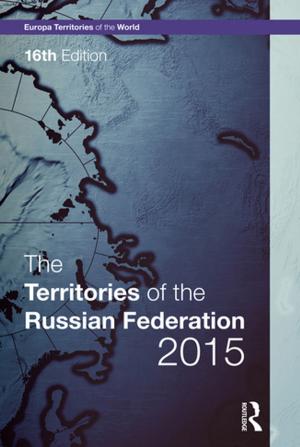Music as a Science of Mankind in Eighteenth-Century Britain
Nonfiction, Entertainment, Music, Theory & Criticism, Ethnomusicology| Author: | Maria Semi, translated by Timothy Keates | ISBN: | 9781317092193 |
| Publisher: | Taylor and Francis | Publication: | April 29, 2016 |
| Imprint: | Routledge | Language: | English |
| Author: | Maria Semi, translated by Timothy Keates |
| ISBN: | 9781317092193 |
| Publisher: | Taylor and Francis |
| Publication: | April 29, 2016 |
| Imprint: | Routledge |
| Language: | English |
Music as a Science of Mankind offers a philosophical and historical perspective on the intellectual representation of music in British eighteenth-century culture. From the field of natural philosophy, involving the science of sounds and acoustics, to the realm of imagination, involving resounding music and art, the branches of modern culture that were involved in the intellectual tradition of the science of music proved to be variously appealing to men of letters. Among these, a particularly rich field of investigation was the British philosophy of the mind and of human understanding, developed between the seventeenth and eighteenth centuries, which looked at music and found in its realm a way of understanding human experience. Focussing on the world of sensation - trying to describe how the human mind could develop ideas and emotions by its means - philosophers and physicians often took their cases from art's products, be it music (sounds), painting (colours) or poetry (words as signs of sound conveying a meaning), thus looking at art from a particular point of view: that of the perceiving mind. The relationship between music and the philosophies of mind is presented here as a significant part of the construction of a Science of Man: a huge and impressive 'project' involving both the study of man's nature, to which - in David Hume's words - 'all sciences have a relation', and the creation of an ideal of what Man should be. Maria Semi sheds light on how these reflections moved towards a Science of Music: a complex and articulated vision of the discipline that was later to be known as 'musicology'; or Musikwissenschaft.
Music as a Science of Mankind offers a philosophical and historical perspective on the intellectual representation of music in British eighteenth-century culture. From the field of natural philosophy, involving the science of sounds and acoustics, to the realm of imagination, involving resounding music and art, the branches of modern culture that were involved in the intellectual tradition of the science of music proved to be variously appealing to men of letters. Among these, a particularly rich field of investigation was the British philosophy of the mind and of human understanding, developed between the seventeenth and eighteenth centuries, which looked at music and found in its realm a way of understanding human experience. Focussing on the world of sensation - trying to describe how the human mind could develop ideas and emotions by its means - philosophers and physicians often took their cases from art's products, be it music (sounds), painting (colours) or poetry (words as signs of sound conveying a meaning), thus looking at art from a particular point of view: that of the perceiving mind. The relationship between music and the philosophies of mind is presented here as a significant part of the construction of a Science of Man: a huge and impressive 'project' involving both the study of man's nature, to which - in David Hume's words - 'all sciences have a relation', and the creation of an ideal of what Man should be. Maria Semi sheds light on how these reflections moved towards a Science of Music: a complex and articulated vision of the discipline that was later to be known as 'musicology'; or Musikwissenschaft.



